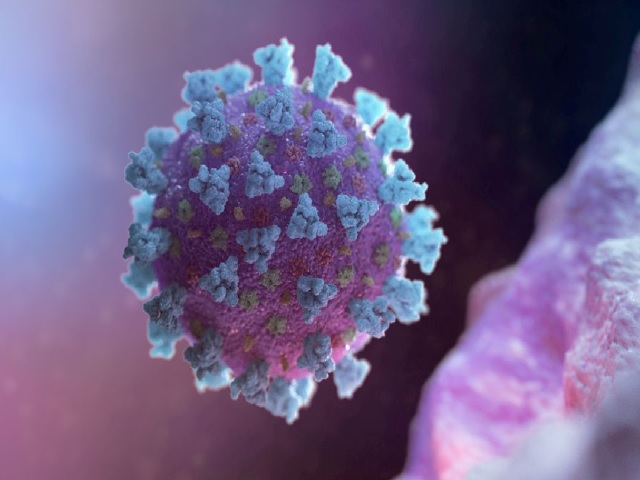
The Ministry of Science and Technology, India informed that a consortium of researchers and doctors from Brazil, Russia, India, and South Africa have partnered to conduct a study on the epidemiological impact and intersection of Tuberculosis and COVID pandemic in these countries.
Brazil, India, Russia, and South Africa currently rank 2nd to 5th in the number of cases of Coronavirus and also belong to 24 nations that are recognized by the World Health Organisation with the highest burden of Tuberculosis in the world.
Moreover, BRICS nations have the largest number of cases of drug-resistant tuberculosis. Hence, the research will be conducted in these 4 countries where one of the highest-burden rates of both tuberculosis and COVID have been recorded simultaneously.
4 BRICS nations study intersection of Tuberculosis and COVID: All you need to know
• Under the joint research, the teams from these 4 countries will explore the negative impact of COVID-19 on the epidemiological impacts of TB infection. They will also search for the mechanisms that are responsible for the interaction of these two processes.
• The 4 countries will search for strategies to mitigate the negative consequences of the pandemic and will individual recommendations for each participating country. It can further help overcome the impact of epidemics of respiratory viral diseases on the epidemic of tuberculosis.
• As per the Science Ministry, the impact of the COVID-19 pandemic and the associated restrictive measures on morbidity and TB-related mortality will be assessed with the use of mathematical modeling.
Significance:
• The collaborative research will provide a differentiated country-based assessment of the negative consequences of Coronavirus on the provision of anti- TB care, its consistency, continuity, and adequacy through a comparative analysis of the inter-country and the differences in the interaction of two epidemics at the population and individual level.
• The analysis by the countries will also be providing insights into the most significant points of application for medico-social, epidemiological, socioeconomic, and clinical interventions. They are expected to reduce mortality and morbidity from the interaction of TB and COVID-19 in both the short and long term.
• The approach used by the researchers will also allow the development of a unique platform for the mathematical modeling of the epidemic tuberculosis process, which will also enhance and support the epidemic modelling capabilities in BRICS nations, therefore providing a solid foundation for future collaborative modelling research.

